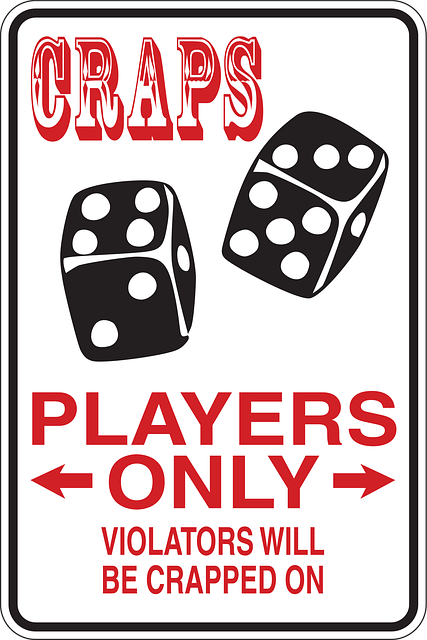Gambling Laws EU present a complex yet essential framework for protecting citizens and fostering a unified market within the European Union. These laws vary significantly among member states, balancing cultural diversity with fair competition, consumer protection, and responsible gaming. Key aspects include operator licensing, age restrictions, AML protocols, data privacy regulations, and regional game restrictions. Comprehensive understanding and adherence to Gambling Laws EU are crucial for gambling sites to avoid penalties, maintain a positive reputation, and operate successfully across the diverse EU market.
In the dynamic landscape of online gambling, understanding the intricate web of Gambling Laws EU is paramount. This comprehensive guide delves into the regulatory framework governing the European Union’s gaming sector, offering a detailed overview for both operators and players. We explore top EU countries with favorable laws for online operators, highlighting key considerations essential for compliance. By navigating these regulations, gambling sites can thrive while ensuring ethical practices within the diverse EU market.
- Understanding Gambling Regulations in the EU: A Comprehensive Overview
- Top EU Countries with Favorable Gambling Laws for Online Operators
- Key Considerations for Gambling Sites Operating Within the European Union
Understanding Gambling Regulations in the EU: A Comprehensive Overview

Gambling regulations within the European Union (EU) are a complex web of laws and directives that vary significantly from one member state to another. This diversity is largely due to the EU’s commitment to both preserving cultural identity and ensuring a single market where goods, services, and people can freely move. The primary goal of Gambling Laws EU is to protect citizens from potential harms associated with gambling while promoting fair competition and consumer protection across the bloc.
These regulations cover various aspects, including licensing procedures for operators, age restrictions, responsible gaming measures, and the handling of problematic gambling behaviors. While some countries within the EU have more stringent rules, others maintain relatively liberal positions. Understanding Gambling Laws EU is crucial for both gamblers and operators to ensure compliance and access to a safe, secure, and legal gambling environment.
Top EU Countries with Favorable Gambling Laws for Online Operators

When it comes to gambling laws EU, several countries within the European Union have created favorable conditions for online operators, offering opportunities for growth and expansion in this dynamic industry. The UK, for instance, has a well-established and liberalized market with clear regulations that protect players while enabling businesses to thrive. This has made it a top destination for many gambling operators looking to enter or expand their presence within the EU.
Other notable mentions include countries like Malta, known for its robust legal framework and high standards of operator compliance. Ireland and Gibraltar also boast favorable gambling laws EU, attracting numerous online gaming companies with their efficient regulatory bodies and strategic geographical locations. These jurisdictions provide a supportive environment, ensuring operators can focus on innovation and customer satisfaction while adhering to stringent legal requirements.
Key Considerations for Gambling Sites Operating Within the European Union

The European Union (EU) is home to a diverse gaming market, with each member state having its own set of regulations and licensing requirements. For gambling sites aiming to operate within the EU, understanding and adhering to these Gambling Laws EU are paramount. Key considerations include obtaining licenses from recognized authorities, ensuring fair play and consumer protection, and complying with age verification and anti-money laundering (AML) protocols.
Sites must also be mindful of data privacy regulations such as GDPR, as well as regional restrictions on specific game types or betting limits. A comprehensive understanding of the legal landscape is crucial to avoid penalties and maintain a positive reputation. Therefore, gambling operators should invest time in researching and partnering with reputable licensing bodies across Europe to ensure their sites meet all necessary Gambling Laws EU standards.
The European Union’s unified approach to gambling regulations provides a dynamic yet rewarding landscape for online operators. Understanding and adhering to the Gambling Laws EU is paramount for any site aiming to thrive in this diverse market. By navigating the key considerations outlined, operators can capitalize on the opportunities presented by EU countries with favorable laws, ensuring compliance and delivering exceptional experiences to players across the bloc.






